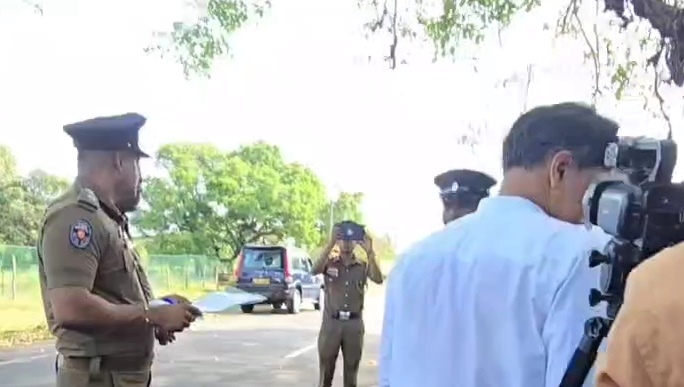Lawsuit filed against Shavendra Silva in US
Silva is currently Sri Lanka’s Acting Permanent Representative to the UN.
The lawsuit was filed by the American University Washington College of Law’s UNROW Human Rights Impact Litigation Clinic in the Southern District of New York.
Ali Beydoun, lead counsel on this case said,
“These egregious violations of international and domestic law have gone unanswered for over two years now, as survivors continue to suffer in suffocating silence on the island.Beydoun is also the director at American University Washington College of Law’s UNROW Human Rights Impact Litigation Clinic, and a Senior Partner at SPEAK Human Rights Initiative.
Finally, after years of waiting for someone to answer for the loss of loved ones, the voices of Tamil victims and survivors have been granted their day in court.
Today, U.S. courts provide a forum for justice and accountability, where there would otherwise be continued impunity for Sri Lanka’s crimes against Tamils.”
In a statement released Friday, the counsel argued,
"This lawsuit seeks damages for violations of international, Sri Lankan and domestic law under the Alien Torture Claims Act (ATCA) and Torture Victim Protection Act (TVPA).The day will not be getting any easier for Sri Lanka’s President Mahinda Rajapaksa, as massive protests greet his arrival in New York for the 66th U.N. General Assembly. This day marks a uniquely perfect storm for justice, as demands for accountability begin to echo throughout New York and the world.
These statutes grant jurisdiction to U.S. courts over human rights violations committed abroad, and serve to ensure that the U.S. does not become a safe haven for war criminals.


